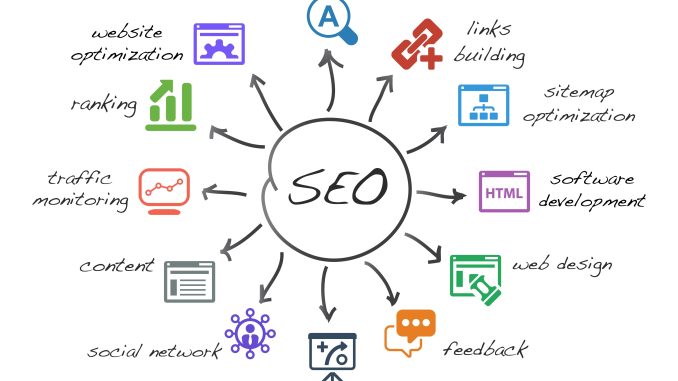
Search engine optimization (SEO) is crucial for any website looking to improve its visibility and attract more organic traffic. With the right strategies and techniques, you can optimize your website to rank higher on search engine results pages (SERPs) and reach a larger audience. In this comprehensive guide, we will explore the best practices for optimizing your website for search engines.
1. Conduct Keyword Research
Keywords are the foundation of SEO. By conducting keyword research, you can identify the terms and phrases that your target audience is searching for online. Use keyword research tools like Google Keyword Planner or SEMrush to discover relevant keywords with high search volume and low competition. Incorporate these keywords strategically throughout your website content to improve your chances of ranking higher on SERPs.
2. Optimize On-Page Elements
On-page elements play a significant role in SEO. Make sure to optimize your website’s title tags, meta descriptions, headings, and image alt text with relevant keywords. Additionally, create unique and compelling content that provides value to your audience. Use internal linking to connect related pages on your website and improve overall site structure.
3. Improve Site Speed
Site speed is a crucial ranking factor for search engines. Slow-loading websites not only frustrate users but also negatively impact your SEO efforts. Use tools like Google PageSpeed Insights to analyze your website’s performance and identify areas for improvement. Optimize images, reduce server response times, and enable browser caching to improve site speed and enhance user experience.
4. Mobile Optimization
With the increasing use of mobile devices, it is essential to optimize your website for mobile users. Create a responsive design that adapts to different screen sizes and ensures a seamless browsing experience on all devices. Test your website on mobile devices to identify any issues and make necessary adjustments to improve mobile optimization.
5. Focus on User Experience
User experience (UX) is a critical factor in SEO. A well-designed and user-friendly website not only attracts more visitors but also encourages them to engage with your content. Ensure your website is easy to navigate, with clear calls to action and a clean layout. Monitor user behavior and make adjustments to improve overall user experience and increase time spent on your website.
6. Build Quality Backlinks
Backlinks are essential for building authority and credibility for your website. Focus on acquiring high-quality backlinks from reputable websites in your industry. Reach out to influencers and industry experts for guest posting opportunities or collaborate with other websites to exchange backlinks. Monitor your backlink profile regularly and disavow any spammy or low-quality backlinks that may harm your SEO efforts.
7. Regularly Monitor and Analyze Performance
SEO is an ongoing process that requires constant monitoring and adjustments. Use tools like Google Analytics and Google Search Console to track your website’s performance, monitor keyword rankings, and identify areas for improvement. Analyze your SEO efforts regularly and make necessary optimizations to ensure your website continues to rank well on SERPs.
Conclusion
Optimizing your website for search engines is a continuous process that requires time, effort, and dedication. By following the best practices outlined in this guide, you can improve your website’s visibility, attract more organic traffic, and ultimately achieve better results in search engine rankings. Remember to stay updated on the latest SEO trends and algorithm changes to ensure your website remains competitive in the ever-evolving digital landscape.